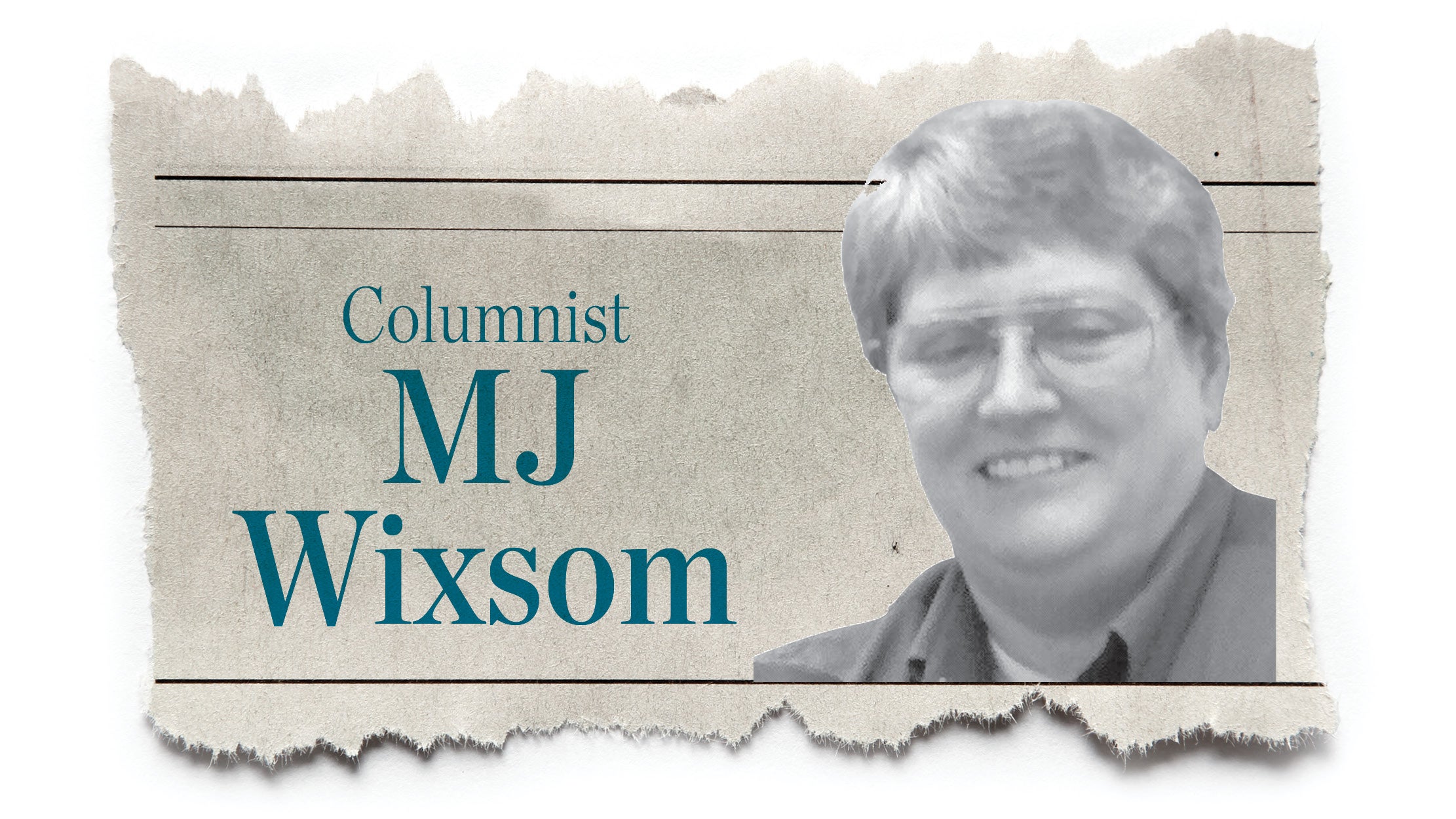Nursing home seminar outlines asset protection
Published 9:45 am Friday, June 5, 2009
IRONTON — The decision to assist or place a parent into a long-term nursing home is considered one of the most difficult choices a person will make in their lives.
Just as difficult though is protecting the hard-earned assets mom and dad have accumulated along the way, now vulnerable since the parent is a nursing home patient.
Many of those apprehensions and questions were answered Thursday during a pair of free seminars given to parents and children in dealing with how to protect family assets from a long-term nursing home stay.
Moderated by attorneys John Haas of Portsmouth and Trey Peterson of Steubenville, the hour long seminar at the Ironton Elks Lodge #177, taught the inside secrets of estate planning and how to prepare ahead of time should a loved one need the medical care services of a nursing home.
With an average nursing home stay at two-and-a-half years and an average monthly cost of $5,247, Hass and Peterson took those in attendance on a step-by-step PowerPoint tutorial explaining how to qualify for Medicaid without having a parent’s assets drained and being broke.
“The reality of long-term nursing home care has become a bigger and bigger issue with each passing year,” Peterson started his presentation off with. “However it is never too late to plan.”
Haas and Peterson divided the seminar into two separate clinics: pre-crisis planning and crisis planning.
According to Peterson, pre-crisis planning is any type of estate planning when neither loved one is in or on the verge of being admitted into any type of long term health care. Crisis planning is handling an estate after either or both parents have been admitted and no pre-crisis planning was done.
In discussing pre-crisis planning, Peterson gave examples in protecting assets that have been accumulated through the years such as the home, checking and savings accounts, certificates of deposit, stocks and bonds, annuities and individual retirement accounts.
Besides private pay, Peterson explained the procedures of “gifting” accumulated assets in the form of an irrevocable trust to a child or relative and the benefits of obtaining long-term care insurance.
An irrevocable trust is a trust in which the grantor, in this case the parent, gives up any and all rights of an asset where the benefactor, the child or relative, is responsible for the taxes incurred if the trust is disbursed.
In order for assets to be exempt from a possible Medicaid claim, Ohio law states the gift is mandated under a five-year look/back period.
Peterson also stressed the importance of getting a Power of Attorney settled within a family along with the importance of wills and avoiding probate.
In the crisis portion of the presentation, Peterson outlined a step-by-step procedure and recommendation that minimizes any type of possible spend down to the required $1,500 in assets Medicaid mandates before the shared federal and state program picks up payments and starts its reimbursements back to the nursing home facility.
Peterson also gave tips on how to title a home so a family doesn’t lose it to the state, how to make transfers to family members that would not disqualify a parent from Medicaid, how annuities make assets disappear and tricks on how to spend down correctly.
And despite all the tips and “tricks of the trade,” Peterson saved his best advice for last.
“If you do nothing, you are just going to end up spending it,” Peterson said in closing when describing the many cases he sees when no planning ever takes place. “That scenario will have a devastating effect on a parent’s legacy.”




